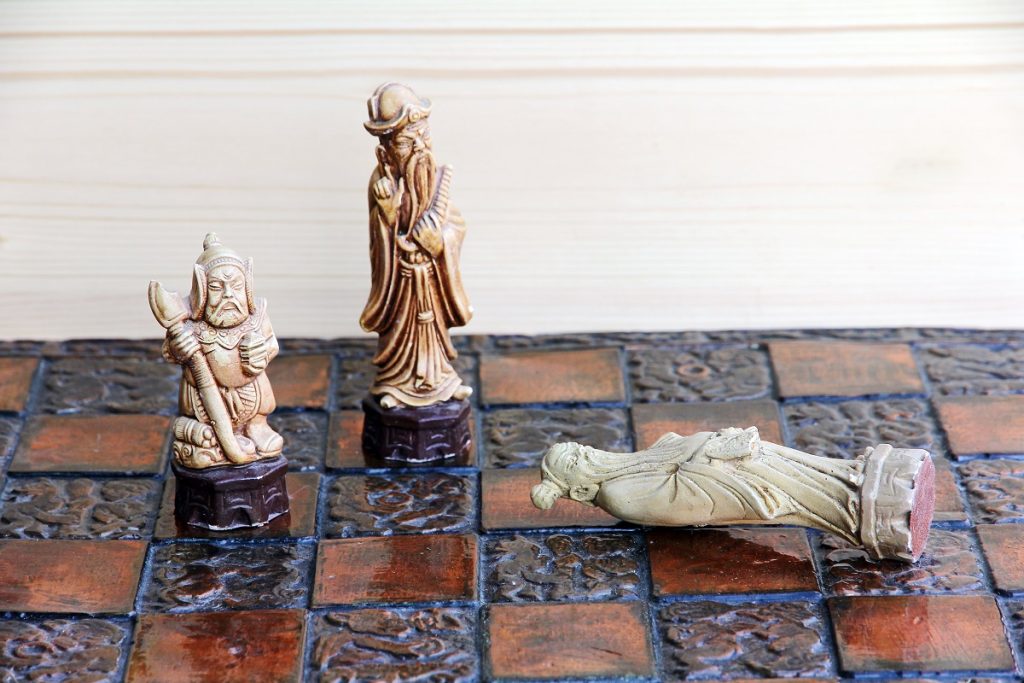The term moral disengagement encompasses the cognitive maneuvers we undertake to justify any self-interested choices that don’t align with what we want others to think we believe about ourselves. Moral disengagement in litigation runs the gamut from the misleading to the unethical.

A series of experiments by Professors Sean Martin and Jim Detert shows the more tempting the potential personal gain, the more likely we are to violate our own ethical boundaries. Moral disengagement essentially allows us to justify the negative ethical consequences of our behavior.
Don’t brush off your conscience
Labeling a transgression as a “victimless crime” is a form of moral disengagement. A yet more contorted version might yield, “They’d do the same to us.” And finally, insidiously, moral disengagement leads to the complete abdication of all blame for one’s actions: “No one will know the difference.”
We may sometimes be tempted to rationalize morally questionable decisions. At times, disengaging our sense of morals may be easier than asking ourselves tough questions. But there exists a vast difference between assessing options and justifying unethical behavior. To become morally disengaged is to undermine, ultimately, whatever perceived benefit that may accrue.
We all have a strong desire to see ourselves as good people. We desire almost as much to have others see us as so, too. Self-interest is not inherently wrong. But self-dealing is cheating.
Avoid moral disengagement in litigation
Discovery games. The discovery process often involves varying degrees of moral disengagement. But you should answer every question and fulfill every reasonable request. Object to the rest. Don’t hide evidence. Don’t play games.
Nonresponsiveness. Communication problems can result from moral disengagement. In my experience, responsive counsel solve problems, while the nonresponsive bill their clients.
Delay. Delay is an acceptable litigation tactic, appropriate in many situations. The post hoc justification of inaction, however, causes the delay of justice, waste of judicial resources, and otherwise introduces inefficiency into litigation without any benefit. Delay almost always aids the defendant in the criminal arena, but not so in civil litigation. Litigants are entitled to the timely resolution of their dispute. Recalcitrant counsel shouldn’t stand in the way.
Bluster. There is no room in litigation for blindness to the facts. The winner-takes-all, balls-out litigator, usually still trying to prove himself, may impress with his zeal, but probably not with his results.
